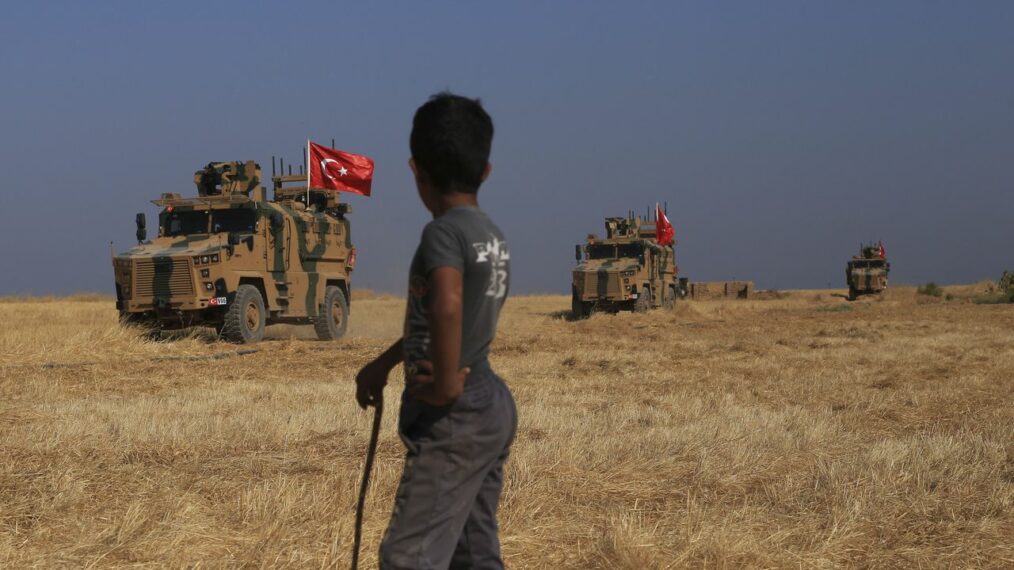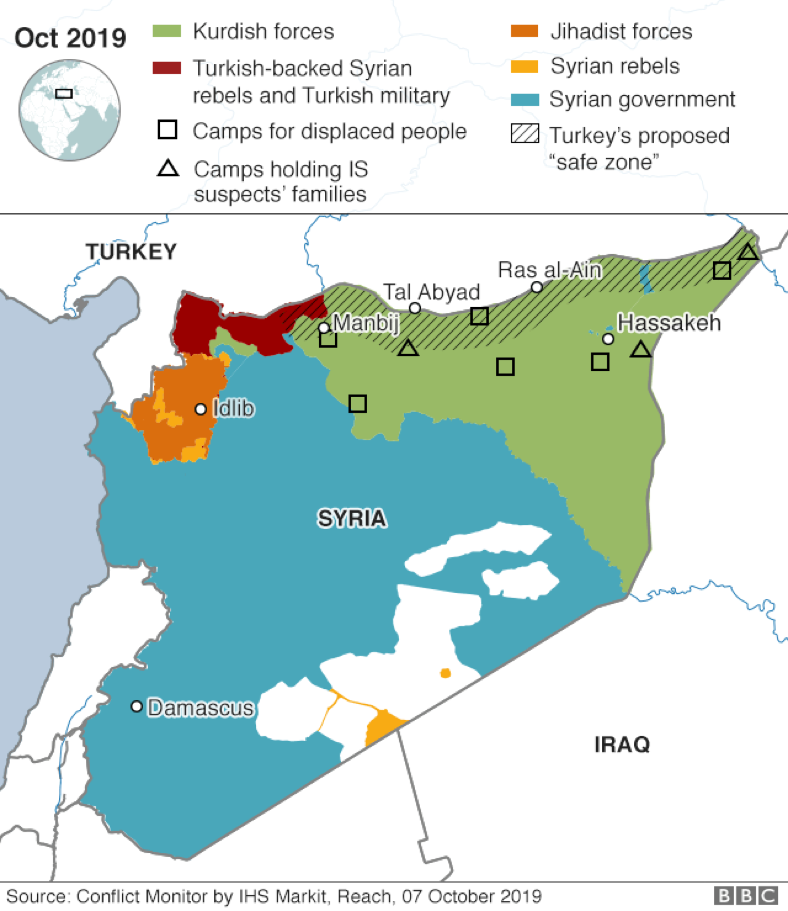In light of the recent developments in both Iraq and Syria, it is quite understandable that the Middle East faces yet another enduring crisis. Current rhetoric and military actions highlight the fragile security situation and the possible scenario of the resurgence of the Islamic State of Iraq and the Levant (ISIL).
Indeed, the resurgence of the Islamic State is now a likelier outcome and there is a twofold explanation for this. Firstly, the Turkish operation ‘Peace Spring’ against the Kurds in north-eastern Syria, together with the withdrawal of American troops from the region, complicates the operation against any remaining powers of the Islamic State. The Kurds, who had long combatted ISIL, are now preoccuptied by the Turkish military activities, thus leaving unattended many prisons where tens of thousands of IS suspects are held. There are already reports of hundreds of ISIL escapees and, even worse, there are fears that a mass break-out of ISIL members is being planned. Should this be the case, IS fighters will once again become a grave security threat.
Secondly, the death of General Qassem Soleimani disrupted regional security too. As a well-respected member of the Revolutionary Guards (IRGC) and commander of the Quds Force, he was a key figure in Iran and central to the expansion of Iranian influence in the Middle East. In addition, he played a pivotal role in the fight against the US invasion of Iraq in 2003, which cost the lives of a large number of American soldiers. Nonetheless, although the Quds Force is a designated Foreign Terrorist Organization in the US, they have been especially effective in the fight against ISIL. Consequently, the US move to dispatch him, has certainly benefited the Islamic State, as he was their enermy.
In view of the above, without these credible rivals in their way, the Islamic State is faced with fewer obstacles to regain territory. A mass release of ISIL fighters from prisons and the drone strike on General Soleimani actually distract Iraqis’ attention from their political grievances, namely the corrupted government and the Iranian dominance in the country. The Iraqi people are now more concerned about a possible resurgence of the Islamic State rather than anything else. Despite their discontent due to the Iranian military presence in the country since 2014, they acknowledge the important contribution of Soleimani to ISIL’s defeat.
Moreover, Iran’s determination to take revenge for Soleimani’s death has raised serious concerns for the anti-ISIL coalition. In this sense, they halted operations against the remaining IS fighters in order to focus on protecting their troops and envoys based in Iraq; a decision which turned out to be correct as Iran has launched numerous ballistic missiles against US bases and the US embassy.
It goes without saying that such circumstances provide the breeding grounds needed for the Islamic State to re-emerge. Further, it must be acknowledged that the ever-increasing instability and discontent across the region, as well as the ongoing violence, were some of the underlying causes which motivated ISIL in the past. Therefore, there is little doubt that the Islamic State will again take advantage of the situation created in Iraq and Syria to rise once more, almost unimpeded.
In order to prevent this disastrous scenario from happening, policymakers must stop being distracted and losing direction. Although ISIL has suffered considerable losses in terms of fighters and territories, it has not been completely defeated yet. Consequently, instead of fighting each other, countries such as the US and regional actors, such as Turkey, Iran, Iraq and Syria, must act together with the joint aim of combating ISIL and preventing their expansion again.






